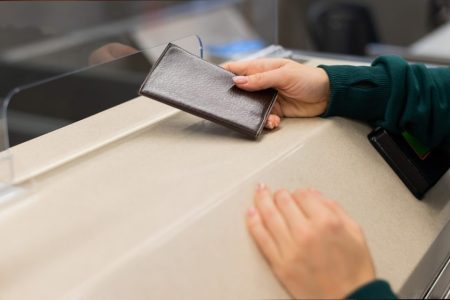Serious bed bug infestations around the world have prompted Macao’s Health Bureau (SSM) to issue a warning to travellers, the Macau Post Daily reports.
The blood-sucking insects, whose bites can be extremely itchy and painful, have been spreading rapidly in parts of the United States, Canada, the United Kingdom, Europe and South Korea, SSM’s statement said.
A warning for anyone travelling to those places should thoroughly inspect their accommodation’s beds, pillows, mattress and upholstered furniture for bed bugs, their eggs, and nymphs – before getting settled, the bureau urged. If any sign of bed bugs is visible, change rooms immediately. Bed bugs are not a sign of uncleanliness; they can be found in 5-star hotels as well as cheap hostels.
[See more: The Macao government has issued a travel advisory for Israel]
Bed bugs are tiny – about the size of apple seeds – oval-shaped, and reddish-brown. Their pearly white eggs are about the size of pin-heads, and hatch into pale yellowish nymphs. This happens when temperatures are between 18 and 25 degrees Celsius. Bed bugs can live up to a year and a half.
Given they are easily transported from place to place, SSM advised travellers to avoid placing their luggage on floors – and to keep suitcases closed as much as possible.
While bed bugs are not known to spread disease, they can cause severe allergic reactions and make sleep impossible due to itching (and the psychological dread of being bitten).






